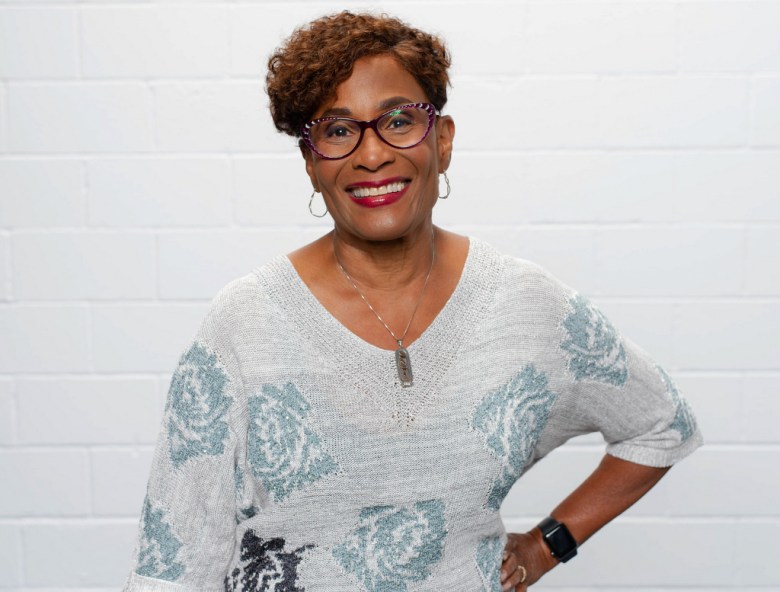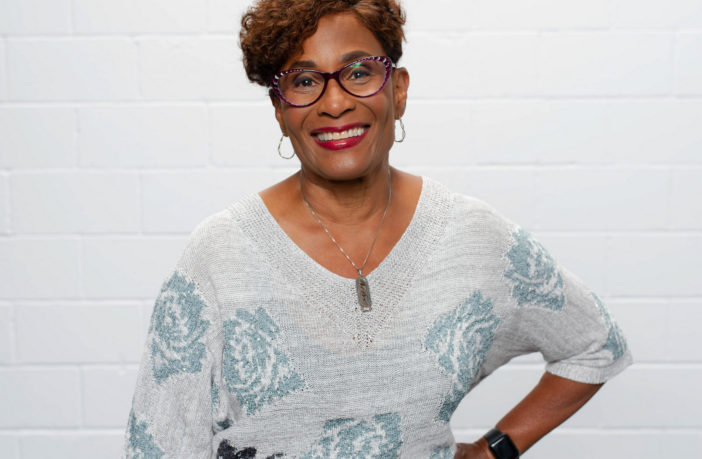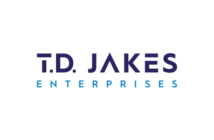 AFRO Publisher Frances “Toni” Draper
AFRO Publisher Frances “Toni” Draper
By Frances Murphy (Toni) Draper
CEO and Publisher
Let me say from the outset that I love technology. Some might even call me an early adopter, and I’ve been told by my Gen X children and Gen Z grands that I’m tech-savvy. But, make no mistake about it, I am a digital immigrant (more about that later) who readily gave up her Blackberry for the first iPhone nearly 15 years ago. I have upgraded to the latest version of Steve Jobs’ groundbreaking invention every year since (even though I think the iPhone 13 ProMax is overrated.) The latest MacBook pro, iPad and Apple watch round out my hardware arsenal. Now, I’m not saying any of this to impress you, but just to reinforce the point that as a digital immigrant, I love technology and its potential. No, I do not fully know how to use every feature, but I look forward to learning new things every day – and there are lots of things to learn. Technology is constantly changing, and we’ve come a long way, since Six Degrees was founded in 1996. And Friendster and Myspace are only vague memories.
Unfortunately, Baby Boomers (like myself) often get a bad rap when it comes to technology. Some people assume that if you’re over a certain age, you are severely technology challenged or that you have no interest in technology. There are jokes about paper boarding passes or becoming like your parents (like that’s some kind of curse) or that because you’re older you are unable to navigate the simplest tasks. There are also stereotypical assumptions, bordering on ageism, that suggest that many older people do not use social media or that if they do it’s Facebook (Meta) only because that’s the platform for “old people.”
Here are the facts: According to the Pew Research Center, 73 percent of people over 65 in the U.S. use the internet, up from 14 percent in 2000. The older the person, the less likely he or she is to embrace the internet, social media, or smartphones, but those who have adopted these technologies use them a lot and learn new skills to do so. Seniors are the fastest growing online demographic, though some remain holdouts. In many of those cases, the real barrier to entry isn’t technological—it’s personal preference. After all, according to everythingzoomer.com, the boomer generation (born 1946-1964) and the silent generation (1928-1945) are responsible for many breakthrough technologies including DNA Fingerprinting, the Jarvik 7, Apple II, the WWW, free shipping, the universal serial bus port (USB), the ethernet, the nanoscale motor, synthetic skin and flex foot prosthesis to name a few. The expansion of radio, television, mobile phones, personal computers, and the Internet all have been pioneered by Boomers. And let’s not forget African-American technology superstars like Dr. Mark Dean, who co-invented the color IBM PC monitor and gigahertz chip and Dr. James E. West who co-invented more than 90 percent of the microphones used in phones and cameras today. Then there’s Janet E. Bashen, the first Black woman to receive a patent for a web-based software solution. And, so many more!
People use technology, including social media, for all kinds of reasons, and Baby Boomers are no exception. Social media helps keep people connected, provides an easy way to share information, is open 24/7, is relatively easy to use, allows for speedy communication, helps build relationships, makes the world seem much smaller than it actually is and opens new lines of communication. Many people, especially the youngest among us, cannot fathom a day without social media. Everywhere we look —in restaurants, airports, street corners, ball games, entertainment venues — people are constantly on their phones. In fact, our devices are often the first thing we reach for in the morning, and the last thing we touch before our heads hit the pillow. We even text people who are in the same room with us. Studies have shown that chronic users of social media are more likely to suffer from poor mental health including symptoms of anxiety and depression. Then there’s cyberbullying, cancel culture, fear of missing out and addiction to social media, not to mention the inability to form meaningful relationships without a device in hand.
Digital natives (Generation X and younger folks who grew up – in varying degrees – with technology) understand technology in an intuitive manner that baby boomers i.e., digital immigrants—those who learned how to use computers at some stage during their adult life —rarely will. Digital immigrants, I believe, have the best of both worlds. While they rely on and appreciate social media, many still prefer face to face conversations and can put their phones down or turn them off, without feeling like they’re missing the latest post, the latest like, the latest update, the latest photo, the latest video, the latest TikTok, the latest Clubhouse (or is that party over?). Digital immigrants, for the most part, are used to building relationships by looking people in the eye and having forthright, honest conversations. They know how to interact in digital as well as non-digital spaces. They tend to judge people as the Rev. Dr. Martin Luther King Jr. said, “by the content of their character.” And they’re o.k. (really o.k.) if someone doesn’t like them or follow them.
In this, our first -ever edition dedicated totally to technology, we explore the ways HBCUs have incorporated STEM and STEAM education to sharpen the preparation of their grads. We look back to how it was, and forward to how it is and what’s on the horizon. Technology in schools. Technology in hospitals. Technology in counseling sessions. Technology in worship. Technology in the production of news. Yes! AFRO news. The entire team has, once again, produced a fun-filled, teaching tool with articles for every particular taste.
And it doesn’t stop here. The same team is publishing news online multiple times a day, #AFRONewsAtNoon; sharing digital news with a live news show on Mondays, the Chicken BOXX on Thursdays at noon and unexpected Facebook Live shows a few times a week. If you’re not yet a member, the information you’ll need to join is on AFRO.com and in the 7 Things to Know and One More Thing newsletters in your inbox. Or you can call our wonderful Wanda Pearson at 410-554-8200 if you’re leaning in the “need to talk” direction.
Whatever it takes, we need you to be a part of our journey and we guarantee you’ll enjoy every moment.
Help us Continue to tell OUR Story and join the AFRO family as a member – subscribers are now members! Join here!


